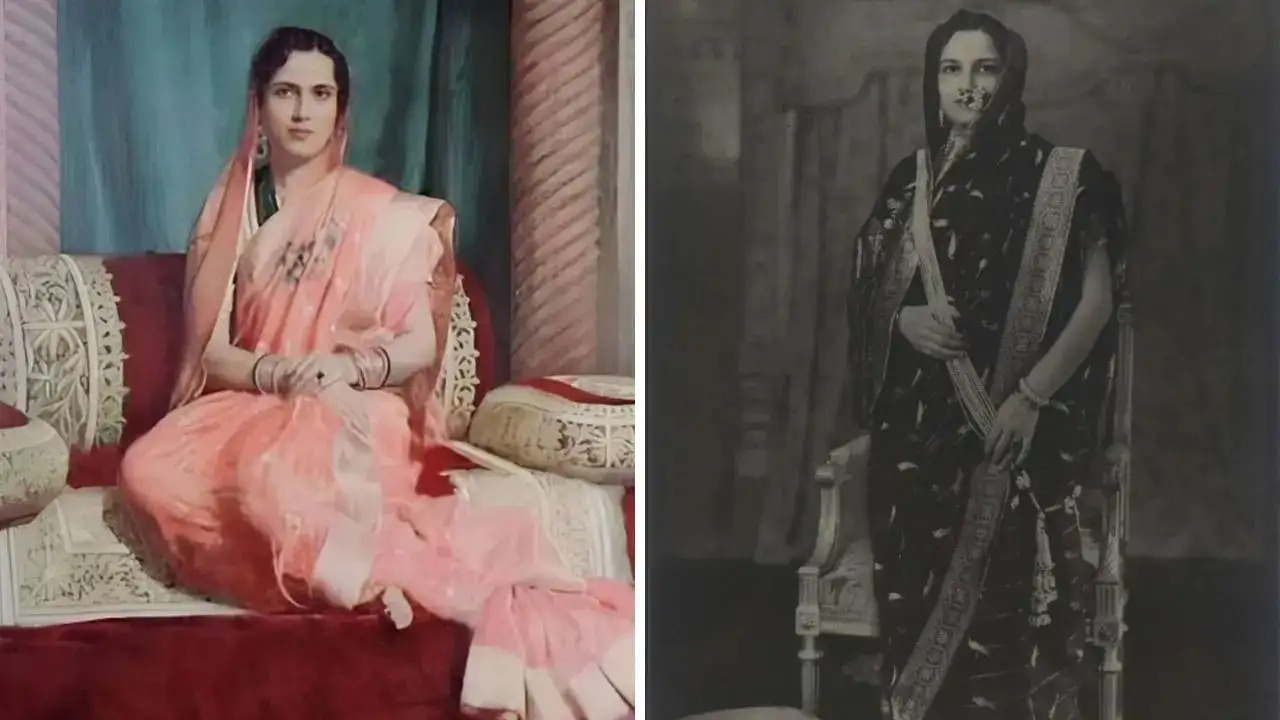Copyright timesnownews

The queens of the erstwhile princely state of Baroda were progressive in their thoughts and action. Maharani Shanta Devi Gaekwad (1914 to 2002), first wife of Maharaja Pratapsinhrao Gaekwad (1908 to 1968) of Baroda, was one such queen, whose life revolved around working for the welfare of the public.,At the age of 13, she was taken by her father, Sardar Mansinhrao Subbarao Ghorpade of Hasur in Kolhapur state, to Baroda to meet Maharaja Sayajirao Gaekwad III, the ruler then. With the approval of Maharaja Sayajirao, she was married to Pratapsinhrao on January 4, 1929. Since Baroda was one of the richest princely states, the marriage was a lavish affair and took place at the Nazarbaug Palace.,For her there was no cause more important than women and working for their upliftment. She started working to improve their condition in society through educational and social reforms.,Shree Maharani Shantadevi Trust Fund was founded by her to provide medical relief to women and children in Baroda. Through this trust fund, institutions offering medical and antenatal advice to women and maternity centres and child welfare clinics were established. The poor were not ignored and the Maharani Shantadevi Hospital had provisions for providing medical care to the poor.,Maharani Shanta Devi also worked tirelessly during periods of national crises, when shortages and wartime pressures placed great strain on ordinary families. She organised relief drives, supported community kitchens and encouraged women’s groups to assist those most in need. Her concern for public health extended well beyond maternity services. She promoted immunisation, hygiene awareness and regular medical check ups at a time when such practices were unfamiliar to many. She supported clinics that offered advice on nutrition and childcare, ensuring that women and children received guidance that could protect them from preventable illness.,The couple had three sons and five daughters but in the 1940s Pratapsinhrao fell in love with a married woman who would become his second wife, Sita Devi. He married her in 1943, clearly flouting the anti bigamy laws that his grandfather had imposed. Despite her husband’s scandalous second marriage, she continued her philanthropic work with dignity.



